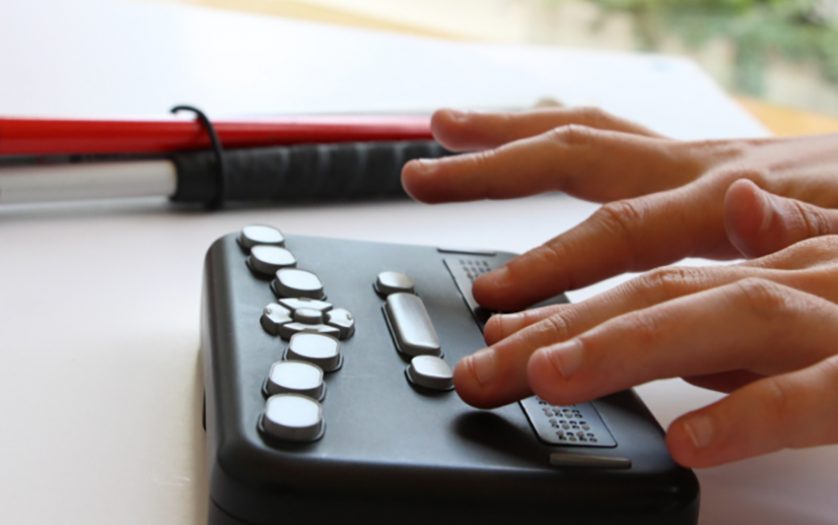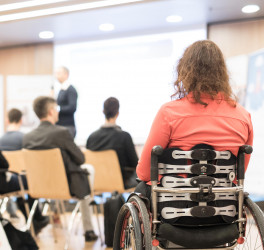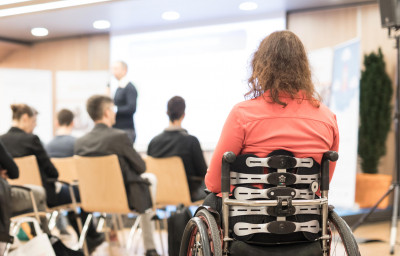
The Australian Communications and Media Authority (ACMA) has been consulting on the Proposed Telecommunications (Customer Communications for Outages) Industry Standard 2024.
The Standard is being introduced in response to the poor way in which the November 2023 nationwide Optus outage was handled.
Currently, there are no formal rules for how telecommunications providers must inform customers about outages. The proposed standard seeks to address this by ensuring providers give timely and clear information during outages.
This proposed standard is a crucial safeguard for persons with disabilities, especially those who rely on assistive technologies and smart devices for day-to-day living.
Such devices include voice control/personal assistants, speech-to-text converters, and environmental control systems to engage with the world. These technologies often require a stable internet or telecommunications connection to function effectively. More generally, many persons with disabilities rely on electronic platforms including social media, SMS and email to communicate with services and stay connected to the community. During an outage, without clear communication from providers, people with disability may face difficult or even dangerous situations where their assistive tools become inoperable, and their primary communications device fails.
Early and accessible communication about outages allows people with disability to plan and take important precautions, like switching to backup devices, adjusting plans, or seeking alternative support. It helps ensure independence and prevents disruption to essential tasks.
During the severe nationwide Optus outage November 2023, PWDA President Marayke Jonkers learnt first-hand what can happen when the internet stops working. All the devices in Marayke’s house are smart devices that require an internet connection to work. This technology provides an extra layer of independence with the ability to use voice commands to turn on lights, open blinds and turn on the kettle for example. However, with the internet down, the smart lights turned on and Marayke was unable to turn them off. She was confined to bed with no way to contact a support worker, no food and water, and no knowledge of what was happening.








